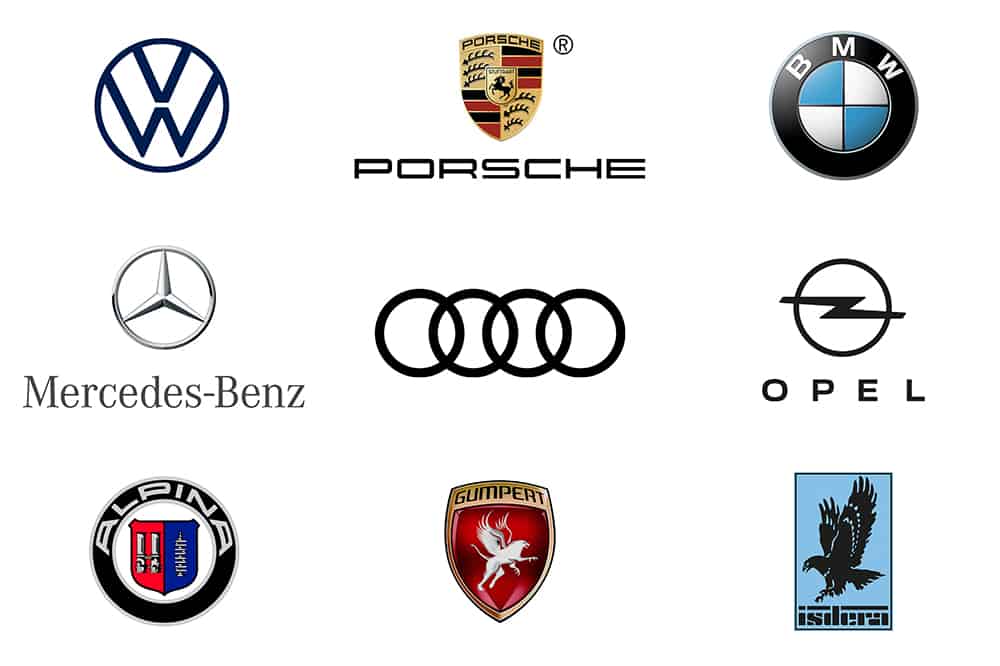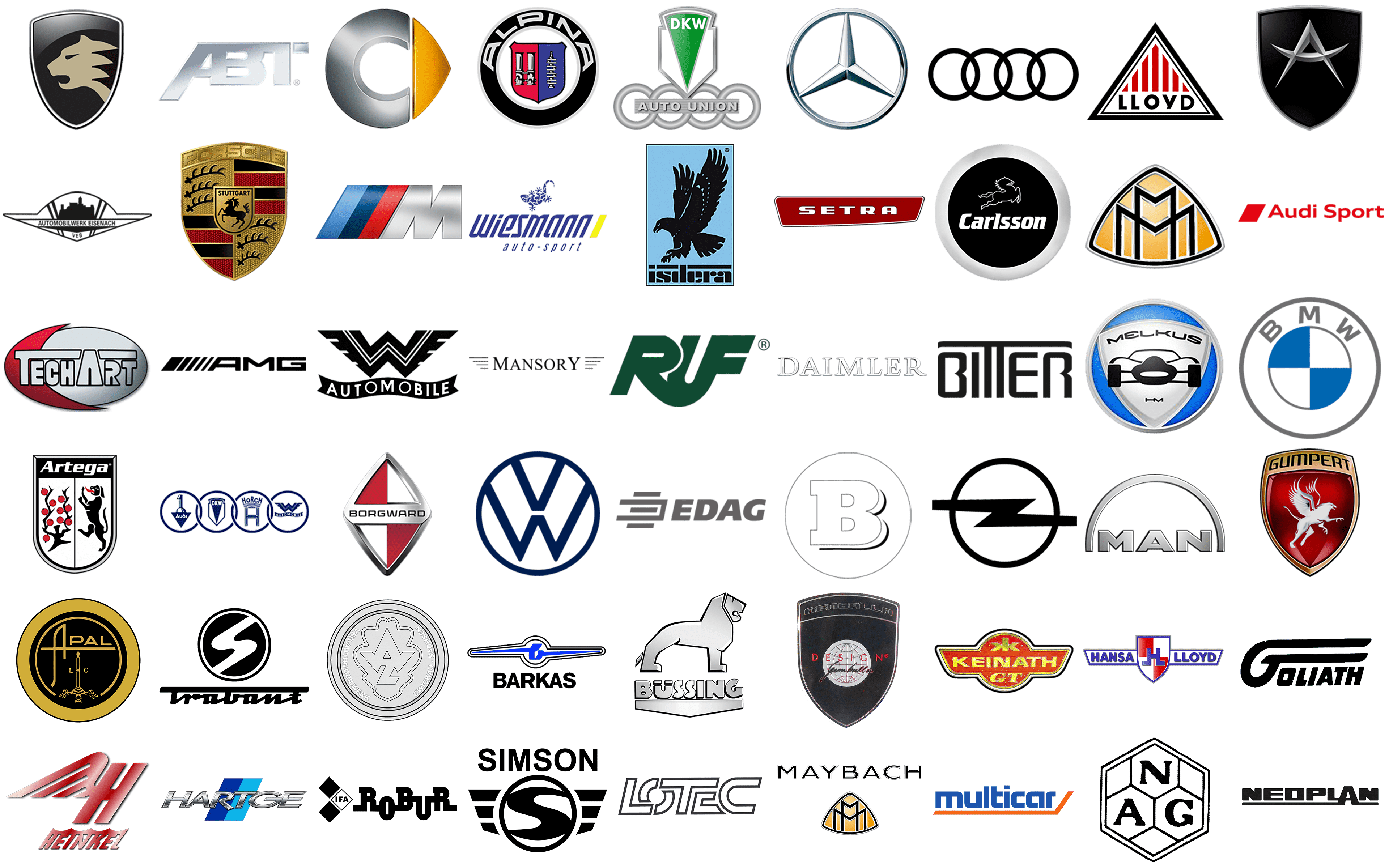Korean Car Brands and Their Innovations represent a remarkable journey of transformation, from modest beginnings to becoming a formidable force in the global automotive landscape. This story is one of resilience, innovation, and a relentless pursuit of quality that has earned the respect of drivers worldwide.
Once known for their affordable, basic models, Korean brands have strategically invested in research and development, pushing the boundaries of design, technology, and performance. This commitment to innovation has propelled them to the forefront of the industry, challenging established players and captivating consumers with their stylish designs, advanced safety features, and cutting-edge technology.
History and Evolution of Korean Car Brands
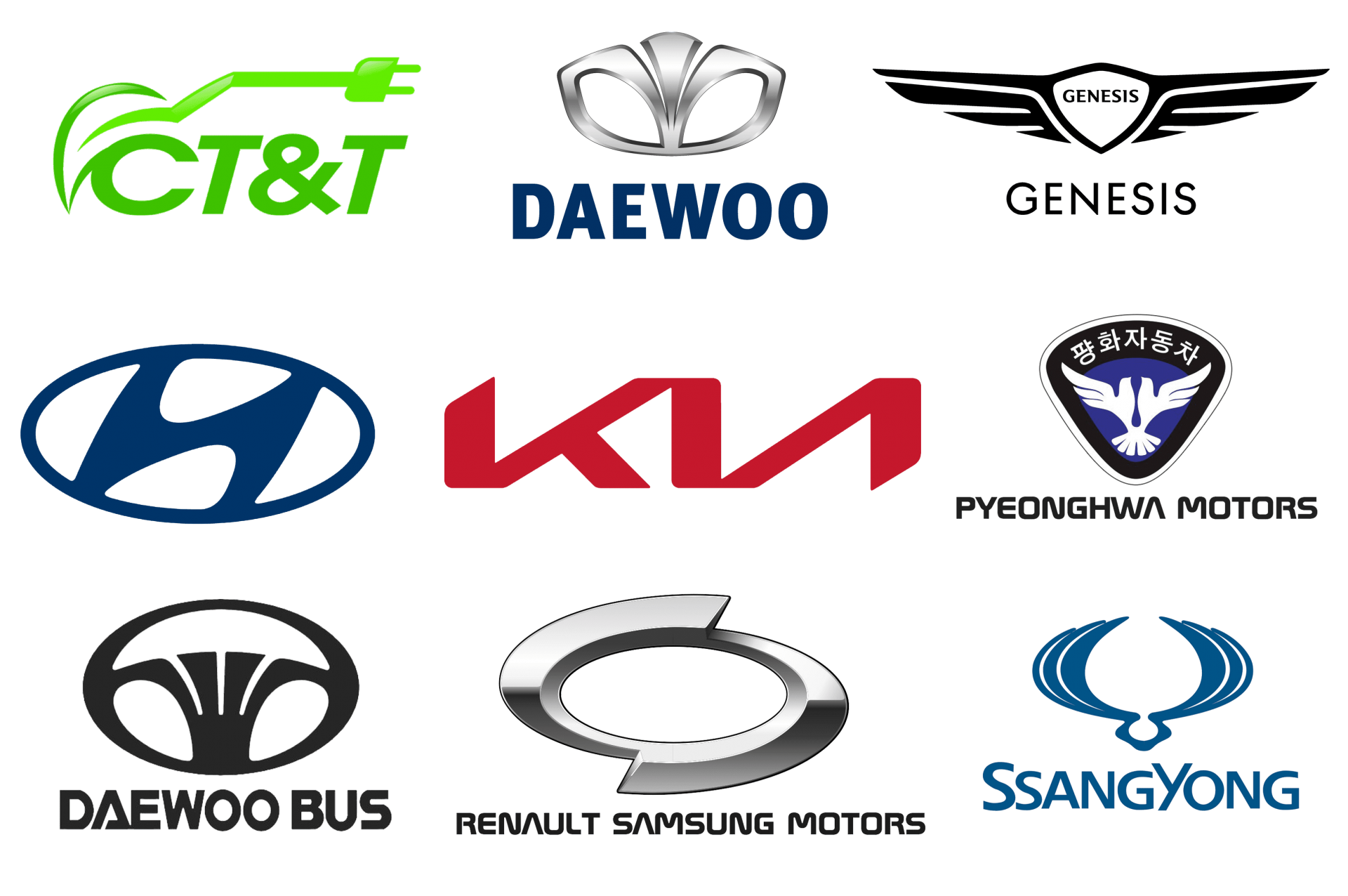
The Korean automotive industry has experienced a remarkable transformation, evolving from a nascent industry to a global force in a relatively short period. This journey is marked by innovation, strategic partnerships, and a relentless pursuit of quality and technology.
Early Beginnings and Growth
The origins of the Korean automotive industry can be traced back to the 1950s, with the establishment of small-scale assembly plants. These early ventures primarily focused on assembling vehicles using imported components. The Hyundai Motor Company, founded in 1967, played a pivotal role in establishing a foundation for domestic production.
Hyundai’s early models, like the Cortina, were based on foreign designs and technologies. However, the company’s commitment to research and development paved the way for its eventual success.
Key Milestones and Innovations
The 1980s witnessed a significant shift in the Korean automotive industry. Hyundai, Kia, and other emerging brands began to invest heavily in research and development, leading to the creation of their own unique models and technologies. Hyundai’s Pony, launched in 1975, was the first mass-produced Korean car and marked a turning point in the industry’s evolution.
- 1980s:The development of Hyundai’s Excel, a compact car designed for the North American market, marked a significant milestone. It showcased the company’s ability to compete on a global scale. The 1986 launch of the Hyundai Sonata, a mid-size sedan, further solidified the company’s position in the global market.
Korean car brands like Hyundai and Kia have made significant strides in recent years, showcasing innovative features and technologies that rival established players. Their focus on safety and efficiency has resonated with consumers, and their commitment to advanced driver-assistance systems (ADAS) is particularly noteworthy.
While these brands are known for their vehicles, they also recognize the importance of supporting their customers’ lifestyle choices, including recreational activities like boating. For military members seeking comprehensive boat insurance, USAA offers tailored coverage options, providing peace of mind on the water.
Boat Insurance Quote USAA: A Guide for Military Members provides valuable information about these options. This commitment to customer needs further underscores the growing strength and appeal of Korean car brands, who are striving to be more than just carmakers, but lifestyle partners.
- 1990s:The Korean automotive industry witnessed further growth and innovation. Hyundai introduced the Elantra, a compact car that became a popular choice worldwide. Kia, a subsidiary of Hyundai, also emerged as a significant player in the market with models like the Sephia and Sportage.
Korean car brands like Hyundai and Kia have made significant strides in innovation, from advanced safety features to cutting-edge electric vehicle technology. While navigating the complexities of these innovations, homeowners in Rhode Island might find it beneficial to explore their insurance options, especially when considering the potential risks associated with owning a high-tech vehicle.
Rhode Island Home Insurance Quotes: A Guide for Homeowners provides a comprehensive resource for understanding coverage options and finding the best rates. This knowledge can help ensure peace of mind as you embrace the latest advancements in the automotive industry.
- 2000s:Korean car brands continued to invest in technology and design. Hyundai introduced the Genesis, a luxury sedan that challenged established premium brands. Kia launched the Optima, a mid-size sedan that gained popularity for its stylish design and advanced features.
Korean car brands like Hyundai and Kia have become known for their innovative features, including advanced safety systems and cutting-edge technology. To protect your investment in one of these vehicles, consider getting a comprehensive insurance policy, and Get a USAA Insurance Quote: A Comprehensive Guide can help you find the right coverage.
With a wide range of options available, you can tailor your policy to meet the specific needs of your Korean-made car, ensuring you have the protection you need in case of an accident or other unforeseen event.
Evolution of Technologies and Models
Early Korean cars were often perceived as basic and lacking in sophistication. They were known for their affordability but struggled to compete with established brands in terms of quality and technology. However, the industry has made significant strides in addressing these concerns.
- Advanced Powertrains:Korean car brands have made substantial investments in developing fuel-efficient and environmentally friendly powertrains. Hyundai’s Blue Drive technology and Kia’s EcoDynamics system have led to the introduction of hybrid, electric, and fuel cell vehicles.
- Smart Safety Features:Modern Korean cars are equipped with a wide array of advanced safety features, including lane departure warning, blind spot monitoring, and autonomous emergency braking. These features have significantly improved safety and driver assistance.
- Connectivity and Infotainment:Korean car brands have integrated advanced connectivity and infotainment systems into their vehicles. Features like Apple CarPlay and Android Auto allow drivers to seamlessly connect their smartphones and access various apps and services.
Major Korean Car Brands and Their Focus Areas
The Korean automotive industry has emerged as a global force, with its brands gaining recognition for their innovative technologies, stylish designs, and competitive pricing. These brands have carved out distinct niches in the market, catering to diverse customer preferences and needs.
Hyundai and Kia: Global Reach and Technological Advancement
Hyundai and Kia, sister companies under the Hyundai Motor Group, have established a strong presence in the global automotive market. They are known for their commitment to technological innovation, offering advanced features and safety systems across their model ranges.Hyundai’s core values emphasize customer-centricity, technological leadership, and sustainable development.
The brand focuses on creating vehicles that are both technologically advanced and environmentally responsible. Hyundai’s design philosophy is characterized by its “fluidic sculpture” design language, which emphasizes flowing lines and a sense of motion.
Hyundai’s popular models include the Sonata, Elantra, and Tucson, which are known for their spacious interiors, fuel efficiency, and advanced safety features.
Kia, on the other hand, emphasizes value for money, offering a wide range of vehicles that are both stylish and affordable. The brand’s design philosophy is characterized by its “Opposites United” design language, which blends bold, contrasting elements to create a unique and expressive aesthetic.
Kia’s popular models include the Sportage, Sorento, and Telluride, which are known for their stylish design, spacious interiors, and advanced safety features.
Genesis: Luxury and Performance
Genesis, Hyundai’s luxury sub-brand, aims to compete with established luxury carmakers like Mercedes-Benz, BMW, and Audi. The brand focuses on delivering a premium experience, offering sophisticated design, advanced technology, and exceptional performance. Genesis’s core values emphasize luxury, performance, and customer satisfaction.
The brand’s design philosophy is characterized by its “Athletic Elegance” design language, which combines athletic proportions with elegant details.
Genesis’s popular models include the G80, G90, and GV80, which are known for their luxurious interiors, powerful engines, and advanced driver assistance systems.
SsangYong: Ruggedness and Capability
SsangYong, owned by Mahindra & Mahindra, is known for its rugged SUVs and off-road vehicles. The brand focuses on providing vehicles that are durable, reliable, and capable of handling challenging terrains.SsangYong’s core values emphasize practicality, durability, and affordability. The brand’s design philosophy is characterized by its focus on functionality and robustness.
SsangYong’s popular models include the Rexton, Tivoli, and Korando, which are known for their rugged design, spacious interiors, and off-road capabilities.
Notable Innovations and Technological Advancements: Korean Car Brands And Their Innovations
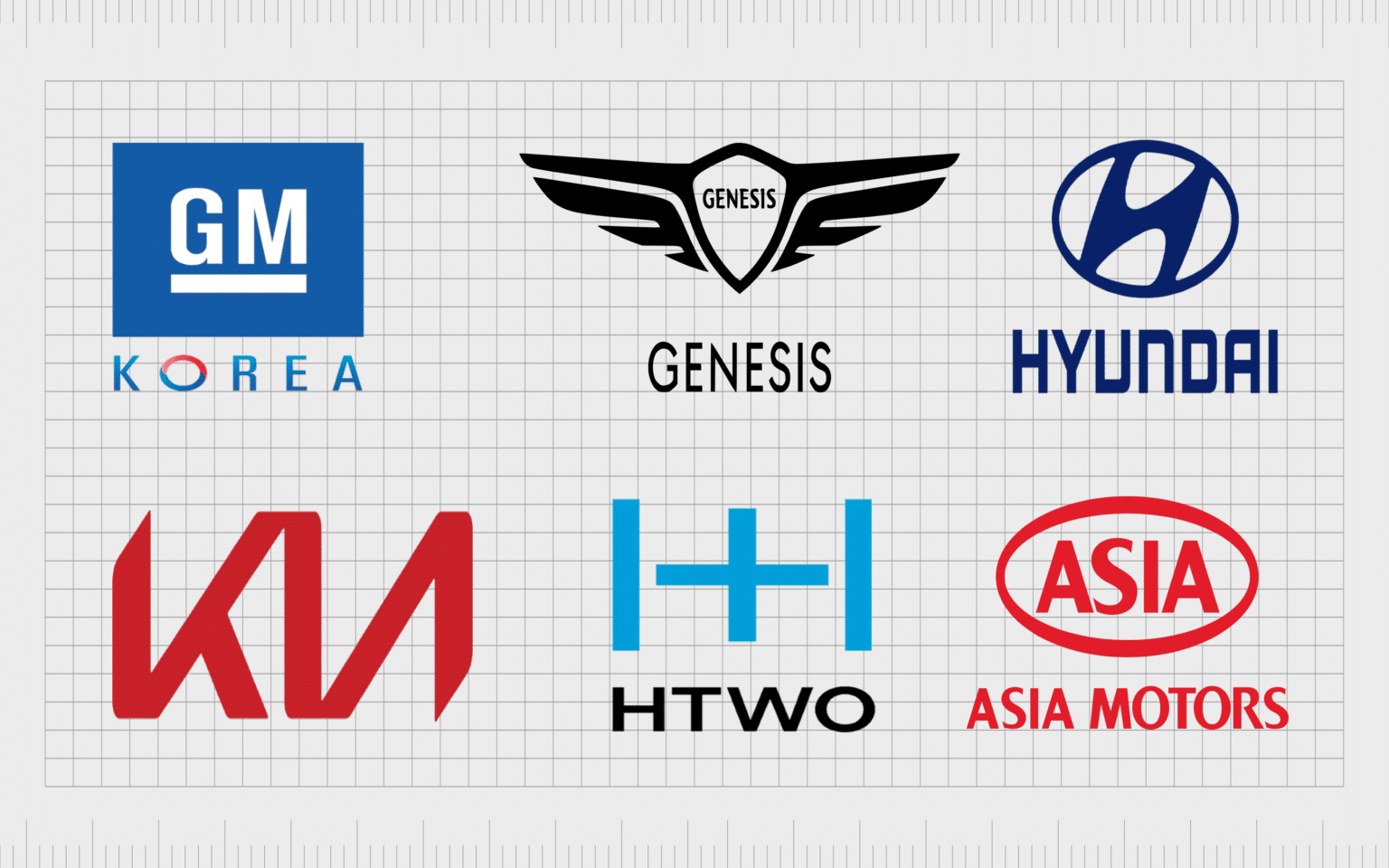
Korean car brands have emerged as global players in the automotive industry, driven by their commitment to innovation and technological advancements. Their journey from humble beginnings to industry leaders is marked by a series of groundbreaking innovations, pushing the boundaries of engine technology, safety features, and infotainment systems.
Engine Technology, Korean Car Brands and Their Innovations
Korean car brands have consistently pushed the boundaries of engine technology, introducing innovations that have improved fuel efficiency, performance, and emissions.
- Direct Injection Technology:Hyundai and Kia were early adopters of direct injection technology, which injects fuel directly into the combustion chamber for more efficient fuel burning. This technology significantly improved fuel economy and reduced emissions, making Korean cars more environmentally friendly.
- Downsized Turbocharged Engines:Korean brands embraced downsized turbocharged engines, which offer the power of larger engines with better fuel efficiency. This approach involves using smaller engines with turbochargers to boost power output, resulting in a balance between performance and economy.
- Hybrid and Electric Vehicles:Korean car brands have made significant strides in hybrid and electric vehicle technology. Hyundai and Kia have introduced a range of hybrid and electric models, showcasing their commitment to sustainable mobility.
Safety Features
Korean car brands have prioritized safety in their vehicles, incorporating advanced safety features that have become industry benchmarks.
- Autonomous Emergency Braking (AEB):Korean car brands were among the first to introduce AEB, a system that automatically brakes the vehicle to avoid or mitigate collisions. This technology has significantly reduced accidents and saved lives.
- Lane Keeping Assist (LKA):LKA helps drivers stay within their lane by detecting lane markings and providing steering assistance. This feature has enhanced driver safety and reduced lane departure accidents.
- Blind Spot Monitoring (BSM):BSM alerts drivers to vehicles in their blind spots, reducing the risk of accidents during lane changes. This feature has become a standard safety feature in many modern vehicles.
Infotainment Systems
Korean car brands have revolutionized the in-car experience with their innovative infotainment systems.
- Large Touchscreens:Korean car brands have adopted large touchscreens for their infotainment systems, providing a more intuitive and user-friendly interface. These touchscreens offer a wide range of features, including navigation, multimedia, and connectivity.
- Smartphone Integration:Korean car brands have seamlessly integrated smartphones into their infotainment systems, allowing drivers to access apps, music, and navigation through Apple CarPlay and Android Auto.
- Advanced Connectivity:Korean car brands have incorporated advanced connectivity features, such as Wi-Fi hotspots and over-the-air updates, providing a connected and personalized driving experience.
Future Trends and Predictions for Korean Car Brands
Korean car brands have carved a niche for themselves in the global automotive market by offering compelling value propositions, innovative features, and a commitment to technological advancement. However, the industry is undergoing a rapid transformation, driven by the rise of electric vehicles (EVs), autonomous driving, and connected car technologies.
To remain competitive, Korean car brands must navigate these evolving trends and adapt their strategies to meet the changing demands of consumers.
Strategies for Adapting to the Evolving Automotive Landscape
Korean car brands are actively pursuing strategies to adapt to the evolving automotive landscape. They are investing heavily in research and development (R&D) to develop cutting-edge technologies, particularly in the areas of EVs, autonomous driving, and connected car technologies. These strategies are aimed at ensuring their continued relevance and success in the future.
- Electric Vehicle (EV) Focus:Korean car brands are aggressively pursuing the EV market, recognizing its significant growth potential. They are developing a wide range of EV models, from compact hatchbacks to luxury sedans and SUVs, catering to diverse consumer preferences. For example, Hyundai has introduced the Kona Electric, Ioniq 5, and EV6, while Kia has launched the EV6 and Niro EV.
These models offer competitive range, performance, and features, positioning Korean brands as key players in the EV revolution.
- Autonomous Driving Technology:Korean car brands are actively investing in autonomous driving technology, aiming to develop advanced driver-assistance systems (ADAS) and self-driving capabilities. Hyundai’s Highway Driving Assist (HDA) and Kia’s Smart Cruise Control (SCC) with Stop & Go are examples of their efforts in this area.
These technologies enhance safety and convenience, offering drivers a glimpse into the future of autonomous driving.
- Connected Car Technologies:Korean car brands are embracing connected car technologies, integrating features that enhance connectivity, entertainment, and driver experience. Hyundai’s Bluelink and Kia’s UVO Connect offer features such as remote vehicle control, real-time traffic information, and over-the-air software updates. These technologies provide drivers with seamless connectivity and access to a wide range of services, enhancing their overall driving experience.
End of Discussion
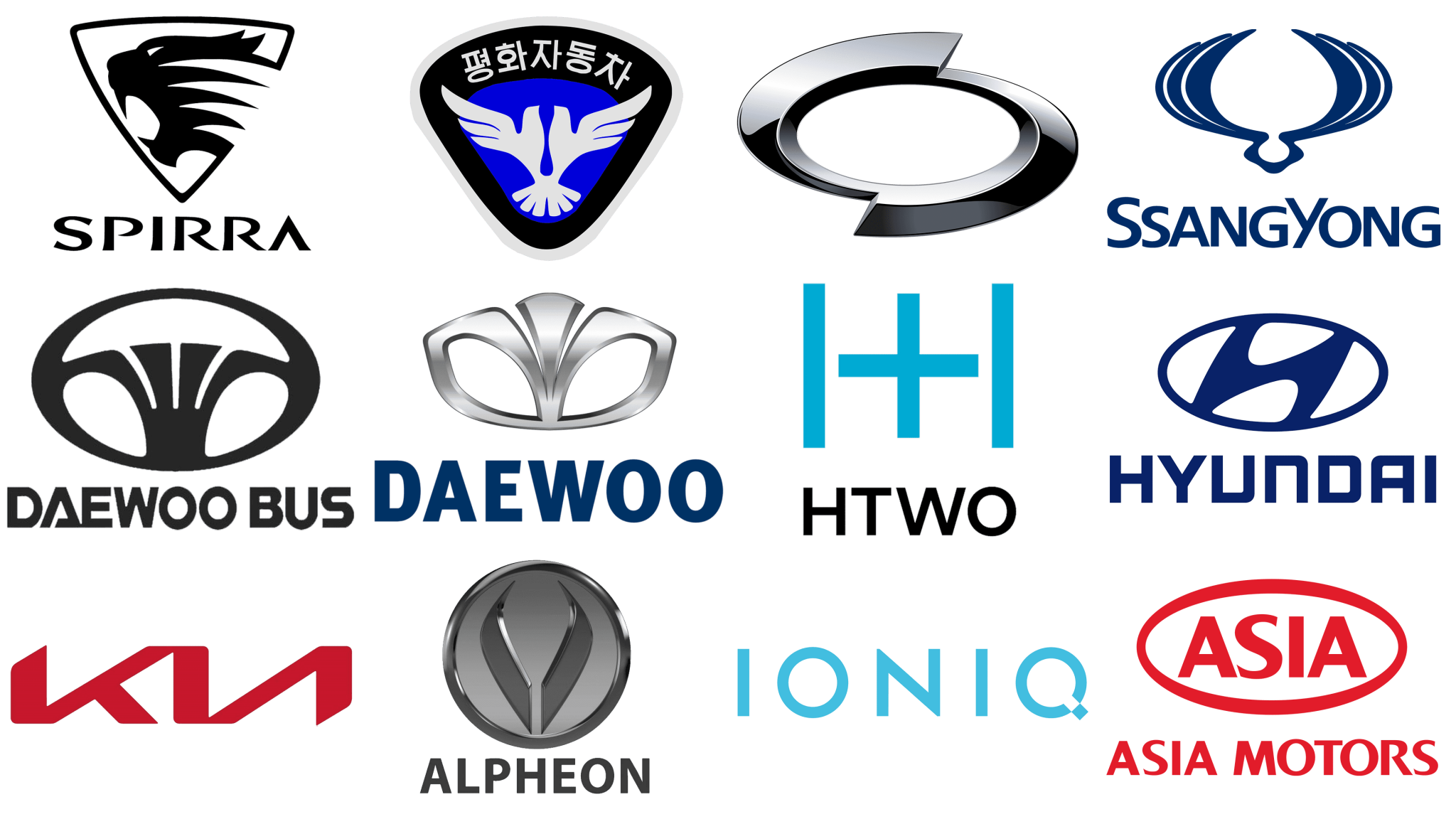
Korean car brands have undeniably etched their mark on the global automotive stage, demonstrating a commitment to innovation that continues to shape the future of driving. Their ability to adapt to evolving market trends, embrace new technologies, and cater to diverse consumer needs positions them for continued success in the years to come.
As they continue to push the boundaries of what’s possible, one thing is certain: the story of Korean car brands is far from over, and their journey of innovation is only just beginning.


